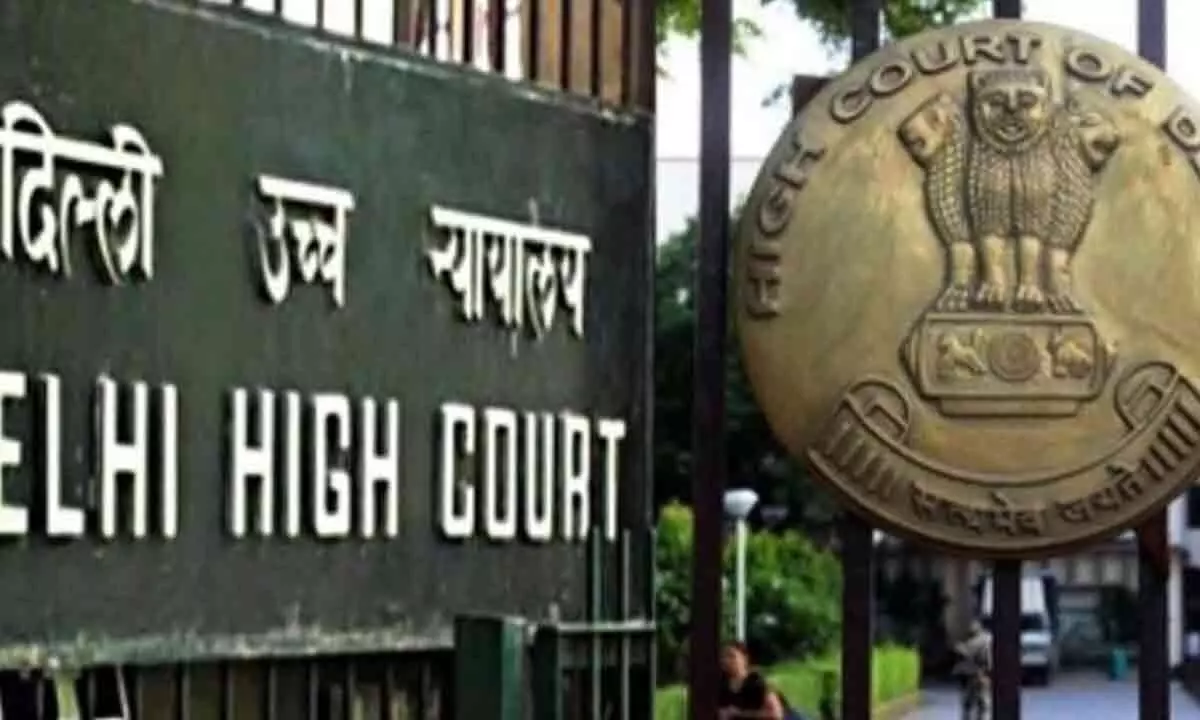Live
- Post-poll violence breaks out in Jharkhand after announcement of results
- Abhishek Bachchan's Marriage Rumors, Vivek Oberoi's Luxury Car, and BLACKPINK's Solo Success – Here's What's Trending!
- Party will decide if I need to continue or move out, says BJP's Kerala chief Surendran
- Coronation of Nathdwara MLA Vishvaraj Singh as Mewar's 77th successor starts amid question mark over palace visit
- WhatsApp Outage: Global Users Face Issues with Messaging App on Web
- Post-poll violence breaks out in Jharkhand after announcement of results
- Spiking to be made criminal offence: British PM
- MP CM in UK to woo investors thanks High Commission, diaspora for support (Ld)
- India's Stunning 295-Run Victory Over Australia: Bumrah and Siraj Lead Charge
- Chinese rocket debris reenters atmosphere, mostly burning up








